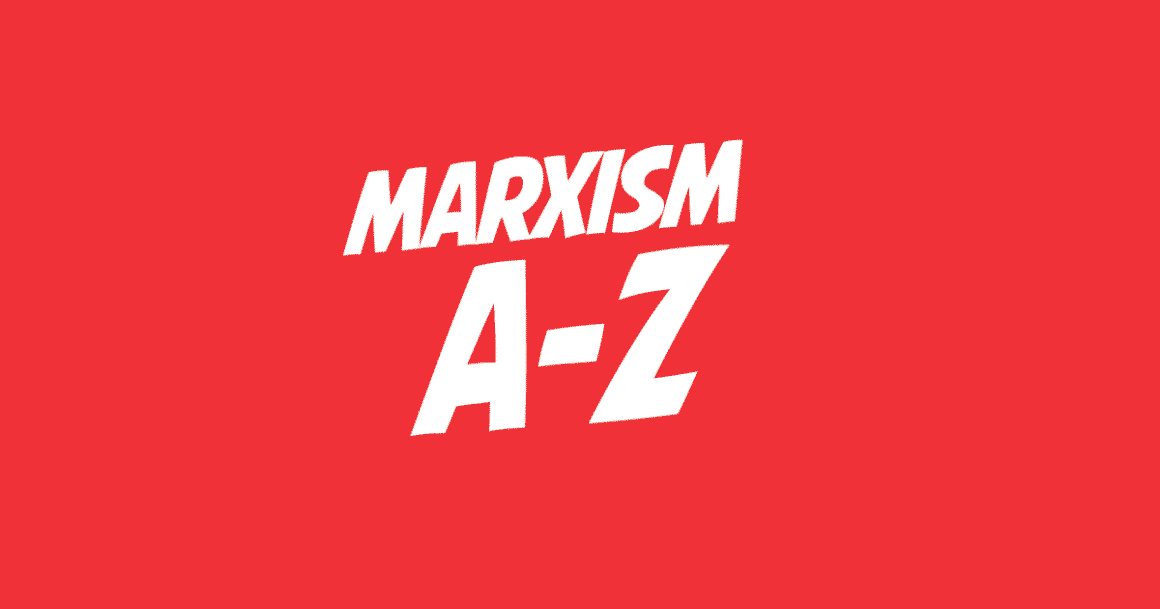

In everyday speech a materialist is somebody obsessed with money, shopping and furthering their own career. An idealist is somebody who pursues a higher goal, forsaking material wealth for a noble cause, or hopelessly optimistic about human nature.
But in philosophical language, idealism and materialism have completely different meanings.
Next time you sit down to watch the National Lottery you might, like millions of others, be willing your six numbers to come out. This is a crude but nevertheless very clear example of an idealist way of thinking. Taken seriously, it rests on the assumption that thoughts – ideas – can directly influence material reality: mind over matter, consciousness over material “being”.
Of course, most people don’t seriously believe that “vibing” the lottery balls has any effect. They base their economic decisions on the recognition that whatever their wishes the result relies on chance and the laws of physics.
But at the level of competing world views idealism is taken seriously. Philosophical idealism sees the material world as only the reaction of a great idea; the mind of God, the world spirit or even some abstract number principle. The material world we experience is only an imperfect copy of this.
Such a world view underpins religion and superstition. It is a weapon of reaction because it encourages passivity in the face of events that are deemed to be unchangeable by human action since their truth or meaning stems from a God or fate (or some earthly representative of one or the other).
Marxists, by contrast, are passionate partisans of philosophical materialism. In its consistent form it is the enemy of reaction and prejudice; a champion of truth and enlightenment.
Marx was not the first materialist philosopher but he did deepen this philosophy and make it more consistent. What are its basic elements?
To be a materialist means first insisting on the primacy of matter. As Lenin once remarked:
“The one property of matter, the assertion of which deepens philosophical materialism, is that of being an objective reality existing apart from our consciousness.”
To put it another way, matter existed long before the human mind existed to try and comprehend it. The earth is some 4.5 billion years old, while the first organic matter appeared on the planet about two billion years ago. Human-like creatures evolved a mere 1.7 million years ago.
Materialism is hardly the view of a Marxist fringe. All great scientists took this outlook as the basis for their work. Albert Einstein noted that “all physics is realistic in so far as it starts from the hypothesis of a reality independent of perception and thought.”
But modern materialism goes beyond the idea that matter is prior to mind. Some ancient Greeks accepted this, as did philosophers of the Enlightenment. But they also viewed mind and matter as quite different to each other. Marxists do not. In fact, the mind is but one form of matter, albeit highly developed.
As Trotsky remarked:
“The human mind is a product of the development of matter, and at the same time it is an instrument for the cognition of this matter … without, though, ever breaking away from this basis of all that exists.”
Mind is made up of cells, matter combined in a particular form that enables humans to recognise, memorise and react. Almost daily, science reveals the mechanisms by which these functions take place, stripping away the “mystery” which made them prey to superstitious explanation.
Once the primacy and multiple forms of matter have been established then it is a small step to the proposition that ideas and consciousness are a reaction of reality, not the other way around as Hegel argued. Marx put it this way:
“It is not the consciousness of men that determines their existence, but, on the contrary, their social existence that determines their consciousness.”
Our views of the world and other people are shaped by forces external to ourselves, by one’s biological, historical, social, physical and psychological background.
Marx spent his life trying to grasp the essence of the human “being” that determined “consciousness”. He concluded that this essence was not some mysterious spiritual quality, but rather what sets us apart from previous non-human ancestors. This lies in our capacity to labour purposefully, that is, with a goal in mind before we set to work.
Over the course of many centuries the social relations of co-operation and conflict that our species has formed, broken and reformed, have changed. These social relations exist independent of us, and we can’t simply escape them. Historically, each system of social relations corresponds to a particular stage of technological development.
These social relations of production form the foundations of all other social activity, in particular the legal system and politics, and also of the most prevalent ideas. Our “social being” determines our consciousness. Marx describes this as the relationship between the “base” and the “superstructure” of society.
The forces of production and technology develop. They come into conflict with the relations of production that were built up on the basis of the old relations of production. Instead of aiding progress, the pre-existing system of social institutions starts to restrain it. We get famine, poverty, the return of preventable dis-eases, the re-emergence of old, reactionary ideologies.
This clash between the forces of production and the social relations is what makes revolutions both possible and a lawful part of human history.
It brings the progressive classes in society into conflict with the reactionary classes; representatives of a new social system into conflict with defenders of the old. And it is what makes socialism the logical and necessary outcome of the capitalist crisis.